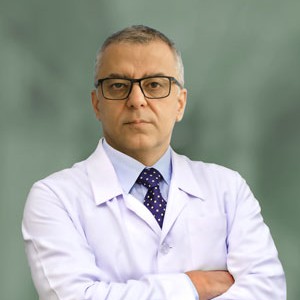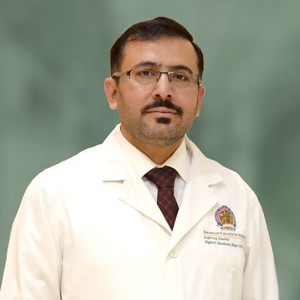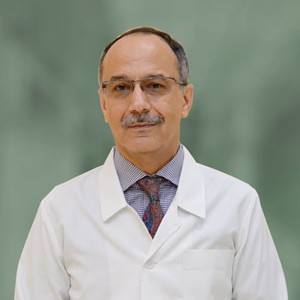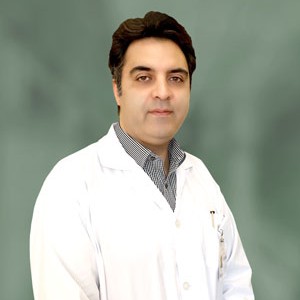
Friday: Closed
General surgery is a surgical specialty that focuses on abdominal contents including esophagus, stomach, small bowel, colon, liver, pancreas, gallbladder and bile ducts, and often the thyroid gland (depending on local reference patterns).
They also deal with diseases involving the skin, breast, soft tissue, trauma, peripheral vascular surgery and hernias.
General surgeons may sub-specialize into one or more of the following disciplines:
- Trauma surgery is a surgical specialty that utilizes both operative and non-operative management to treat traumatic injuries, typically in an acute setting and normally focuses on the abdominal area along with any given ‘Emergency’ field they may be required to serve upon. Trauma surgeons generally complete residency training in general surgery and often fellowship training in trauma or surgical critical care. The trauma surgeon is responsible for initially resuscitating and stabilizing and later evaluating and managing the patient. The attending trauma surgeon also leads the trauma team, which typically includes nurses and support staff as well as resident physicians in teaching hospitals.
- Laparoscopic surgery, also called minimally invasive surgery (MIS), bandaid surgery, or keyhole surgery, is a modern surgical technique in which operations are performed far from their location through small incisions (usually 0.5–1.5 cm) elsewhere in the body.
There are a number of advantages to the patient with laparoscopic surgery versus the more common, open procedure. Pain and hemorrhaging are reduced due to smaller incisions and recovery times are shorter. The key element in laparoscopic surgery is the use of a laparoscope, a long fiber optic cable system which allows viewing of the affected area by snaking the cable from a more distant, but more easily accessible location.
Types of laparoscope
There are two types of laparoscope:
- A telescopic rod lens system, that is usually connected to a video camera (single chip or three chip)
- A digital laparoscope where the charge-coupled device is placed at the end of the laparoscope.
Colorectal surgery
General surgeons treat a wide variety of major and minor colon and rectal diseases including inflammatory bowel diseases (such as ulcerative colitis or Crohn’s disease), diverticulitis, colon and rectal cancer, gastrointestinal bleeding and hemorrhoids.
Breast surgery
General surgeons perform a majority of all non-cosmetic breast surgery from lumpectomy to mastectomy, especially pertaining to the evaluation and diagnosis, of breast cancer.
Vascular surgery
General surgeons can perform vascular surgery if they receive special training and certification in vascular surgery. Otherwise, these procedures are performed by vascular surgery specialists. However, general surgeons are capable of treating minor vascular disorders.
Endocrine surgery
General surgeons are trained to remove all or part of the thyroid and parathyroid glands in the neck and the adrenal glands just above each kidney in the abdomen. In many communities, they are the only surgeon trained to do this. In communities that have a number of sub-specialists, other sub-specialty surgeons may assume responsibility for these procedures.
We are offering a lot of procedures, including but not limited to:







